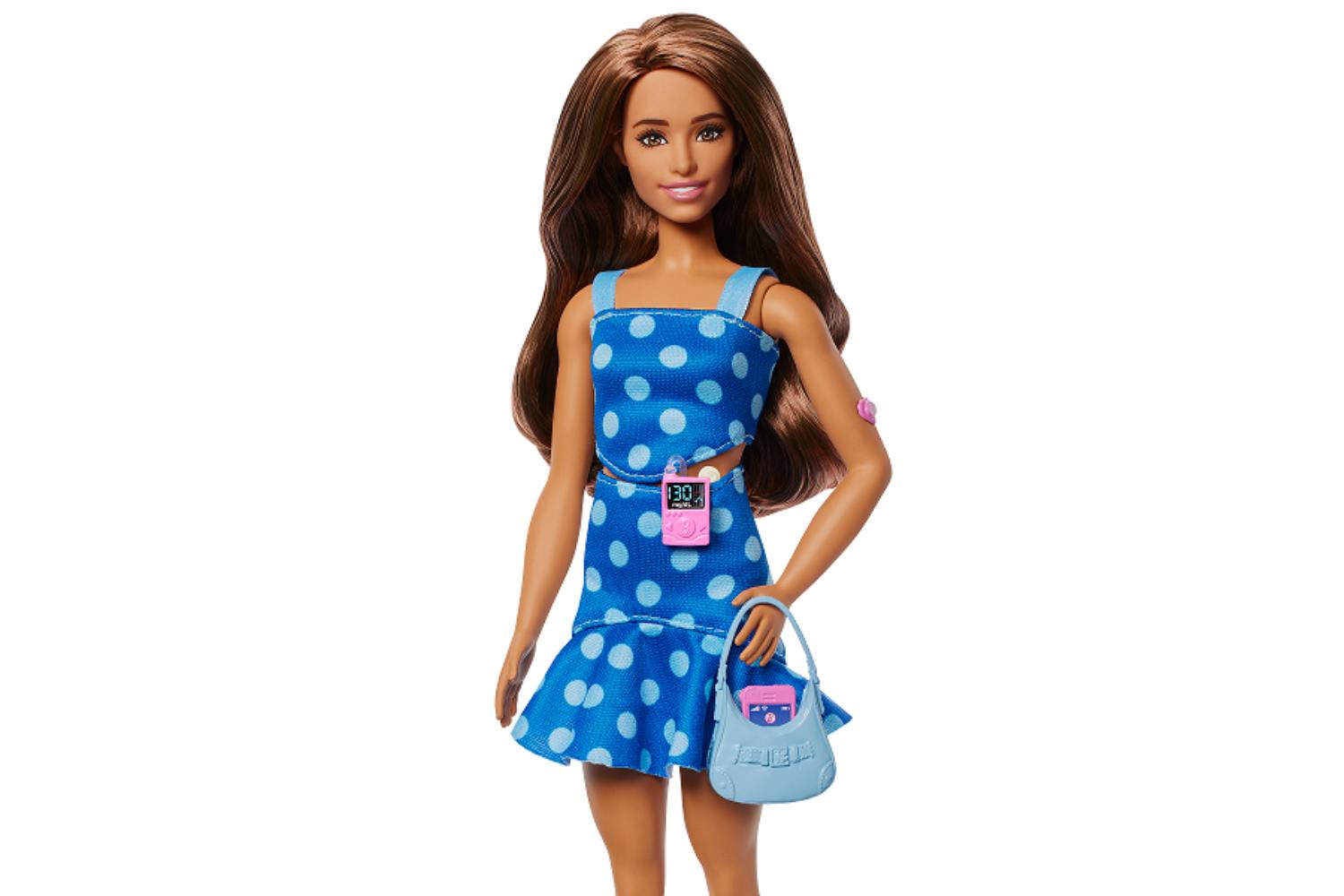Mattel’s new Barbie with type 1 diabetes aims to raise awareness and reduce stigma by representing the 304,000 children with the condition in the U.S., offering a more inclusive and realistic toy experience.

@Mattel
Mattel has just unveiled a very special Barbie: the first doll to feature type 1 diabetes. This Barbie comes equipped with an insulin pump, continuous glucose monitoring, and even snacks to help her manage her blood sugar levels. The goal is to represent the approximately 304,000 children and teenagers in the United States living with this autoimmune disease.
The creation of the doll was made possible through a collaboration with Breakthrough T1D (formerly the Juvenile Diabetes Research Foundation), an organization dedicated to raising awareness and providing support for those living with type 1 diabetes. Barbie made her debut at the Breakthrough T1D Children’s Congress in Washington, an event that brings together young patients and politicians to advocate for the renewal of funding for the Special Diabetes Program, which is crucial for research and patient care.
A realistic and inclusive doll
The Barbie doll features a trendy outfit, including a blue polka-dotted shirt – a nod to diabetes awareness symbols – and carries all the necessary accessories to manage the condition. On her arm, she wears a continuous glucose monitor attached with a pink heart-shaped band, while her insulin pump is secured to her waist. Her phone displays an app that mirrors real glucose readings, with normal values similar to those of many people living with diabetes.
Emily Mazreku, the communications director of Breakthrough T1D and mother of a daughter with type 1 diabetes, collaborated closely with Mattel to ensure the doll accurately reflected the experience of the diabetes community. This project is part of Barbie’s Fashionista line, which includes over 175 models featuring a variety of skin tones, hair colors, and conditions, such as dolls with prosthetics, hearing aids, and vitiligo.
This move by Mattel is both important and meaningful. Playing with dolls that represent diversity and disabilities helps children develop empathy and a better understanding of differences. When a doll with diabetes becomes part of everyday play, the condition is normalized, and stigma is reduced.
Source: Mattel
